
The Ancient Cedars of God in Lebanon: Nature's Majestic Giants
Nestled in the mountains of northern Lebanon, the Cedars of God are among the last remnants of the vast forests of cedars that once thrived across the region. These ancient trees are not just natural wonders but also hold immense historical and cultural significance. Mentioned in the Bible and used in the construction of the great temples and palaces of antiquity, the cedar trees have stood the test of time and continue to captivate visitors with their grandeur and resilience. The Cedars of God forest, located in the Kadisha Valley, offers a serene escape into nature. As you stroll through this UNESCO World Heritage site, you can marvel at trees that are thousands of years old, some reaching heights of over 30 meters. The forest is a sanctuary of peace, where the air is fresh and the scent of cedarwood fills the atmosphere, providing a deeply immersive experience for nature lovers and history enthusiasts alike. Beyond their natural beauty, the Cedars of God are a symbol of Lebanon's rich heritage. The site features a small but informative museum that provides insights into the history and significance of these majestic trees. Whether you are walking the well-maintained trails or simply soaking in the breathtaking views, a visit to the Cedars of God is an unforgettable journey into the heart of Lebanon's natural and cultural splendor.
Local tips in Cedars of God
- Visit early in the morning to avoid crowds and enjoy the tranquility of the forest.
- Wear comfortable walking shoes as the trails can be uneven and rocky.
- Bring a jacket, as temperatures can be cooler in the mountains even during warmer months.
- Check the local weather forecast before planning your visit, as heavy rain or snow can affect access to the site.
- Consider hiring a local guide for a more in-depth understanding of the history and significance of the cedars.
The Ancient Cedars of God in Lebanon: Nature's Majestic Giants
Nestled in the mountains of northern Lebanon, the Cedars of God are among the last remnants of the vast forests of cedars that once thrived across the region. These ancient trees are not just natural wonders but also hold immense historical and cultural significance. Mentioned in the Bible and used in the construction of the great temples and palaces of antiquity, the cedar trees have stood the test of time and continue to captivate visitors with their grandeur and resilience. The Cedars of God forest, located in the Kadisha Valley, offers a serene escape into nature. As you stroll through this UNESCO World Heritage site, you can marvel at trees that are thousands of years old, some reaching heights of over 30 meters. The forest is a sanctuary of peace, where the air is fresh and the scent of cedarwood fills the atmosphere, providing a deeply immersive experience for nature lovers and history enthusiasts alike. Beyond their natural beauty, the Cedars of God are a symbol of Lebanon's rich heritage. The site features a small but informative museum that provides insights into the history and significance of these majestic trees. Whether you are walking the well-maintained trails or simply soaking in the breathtaking views, a visit to the Cedars of God is an unforgettable journey into the heart of Lebanon's natural and cultural splendor.
When is the best time to go to Cedars of God?
Iconic landmarks you can’t miss
Cedars of God Bsharri
Explore the Cedars of God in Bsharri, a UNESCO World Heritage site that showcases ancient trees, breathtaking views, and rich Lebanese history.
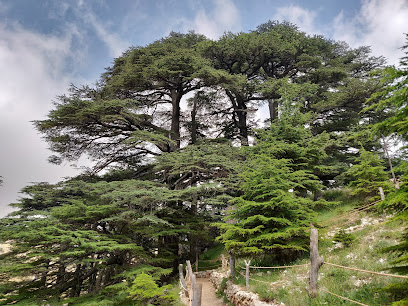
Cedars Of Lebanon
Discover the ancient Cedars of Lebanon, a UNESCO World Heritage site, offering breathtaking beauty, rich history, and serene hiking trails in the Chouf Mountains.
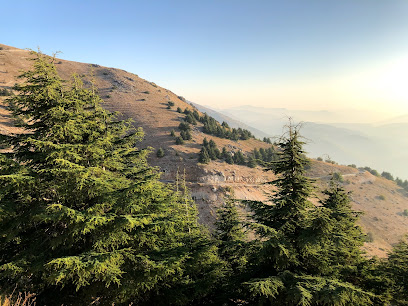
La Jetée
Discover the breathtaking views and rich history of La Jetée, a historical landmark nestled in the scenic landscapes of Bsharri, Lebanon.
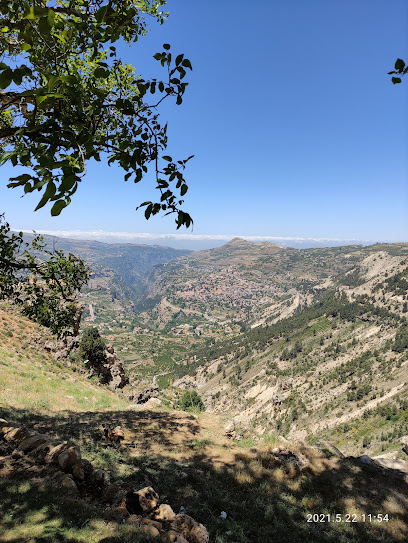
Qadisha
Discover Qadisha Valley, a UNESCO World Heritage site blending stunning nature with rich history in Lebanon's breathtaking landscapes.
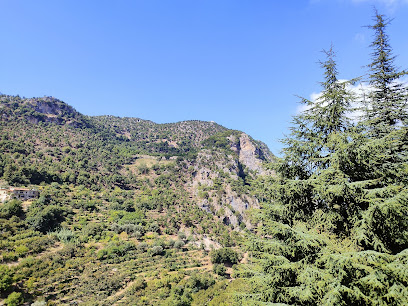
Unmissable attractions to see
Taanayel Park
Discover tranquility at Taanayel Park, a picturesque natural haven in Lebanon featuring a serene lake, lush landscapes, and a charming small farm.
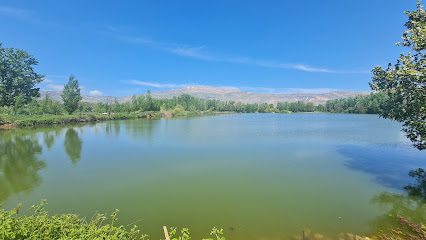
Shouf Cedars
Discover the Shouf Cedars, a UNESCO World Heritage site in Lebanon, offering breathtaking landscapes, rich biodiversity, and a deep connection to nature.
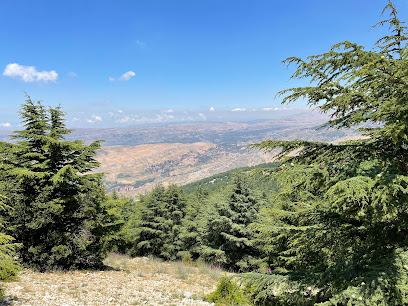
Jaj Cedars Nature Reserve - محمية أرز جاج الطبيعية
Discover the breathtaking beauty of Jaj Cedars Nature Reserve, Lebanon's iconic natural treasure filled with ancient cedars and stunning hiking trails.
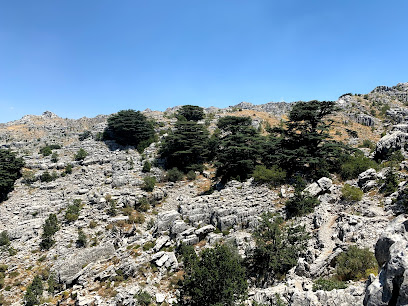
Qanat Bakish
Explore the stunning landscapes and rich culture of Qanat Bakish, a hidden gem in Lebanon perfect for every traveler.
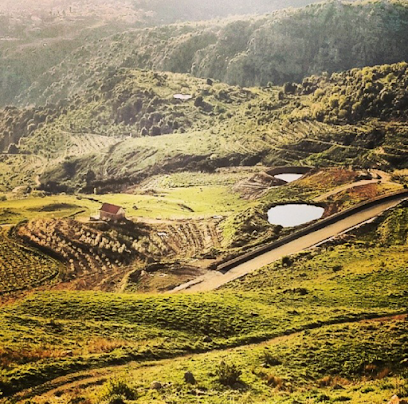
ProX Riding Club
Discover the beauty of Lebanon's mountains at ProX Riding Club, where exhilarating ATV and snowmobile adventures await every traveler.
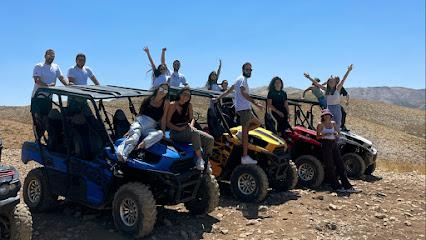
Rayak Train Station
Explore the historical Rayak Train Station in Lebanon, a beautiful architectural gem steeped in rich culture and heritage, perfect for all travelers.
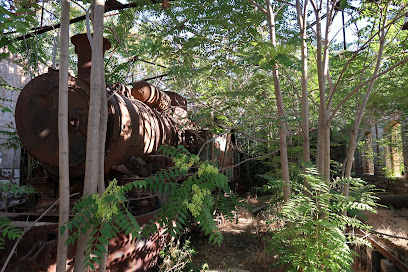
Bassam Melhem Geagea Garden
Experience the beauty of nature at Bassam Melhem Geagea Garden, a serene retreat in Bsharri, Lebanon, perfect for relaxation and reflection.
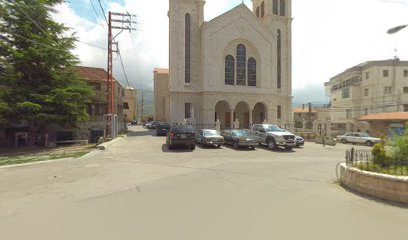
Saint Yaakoub - too Kadisha valley
Explore the breathtaking hiking trails of Saint Yaakoub in Kadisha Valley, a serene escape into nature’s beauty and rich cultural history.
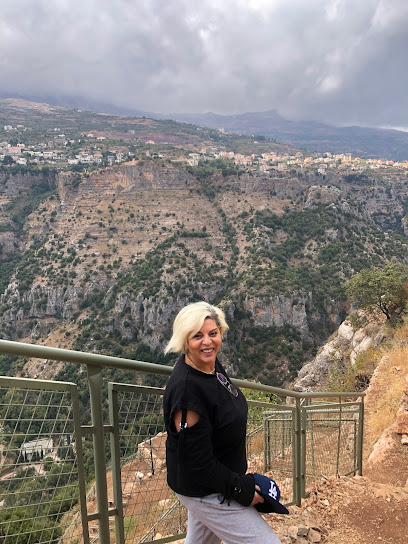
Al Manbouh المنبوع
Discover the breathtaking beauty and rich cultural heritage of Al Manbouh in Wadi Faara, a must-visit destination for every traveler in Lebanon.

غوشانا حدشيت
Explore Ghoshana Hadchit, a beautiful garden oasis in Lebanon, perfect for relaxation and connecting with nature amidst vibrant flora.
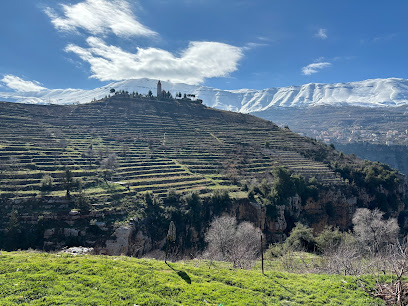
حشتا
Immerse in the natural beauty of Hadchit’s Garden, a serene escape in Lebanon with vibrant flora and peaceful landscapes.
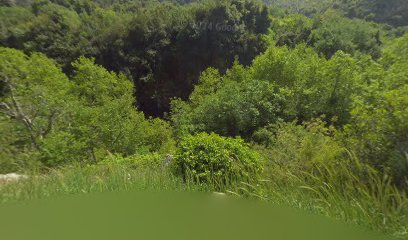
ساعة بتخني
Explore the historical beauty of Btekhnay's Clock Tower, a charming landmark that offers a glimpse into Lebanon's rich cultural heritage amidst stunning landscapes.
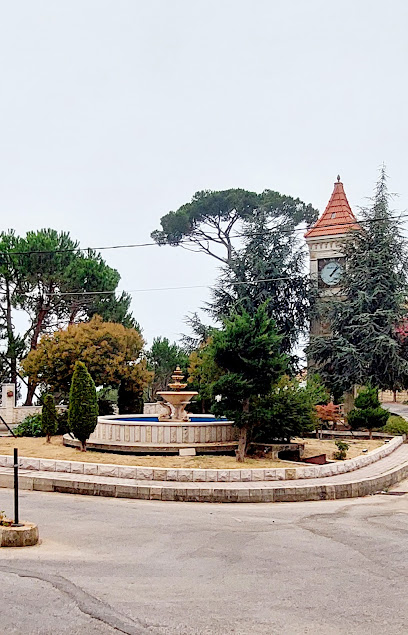
tall
Experience the serene beauty and cultural richness of Taalbaiya, a hidden gem in Lebanon perfect for nature lovers and cultural enthusiasts.
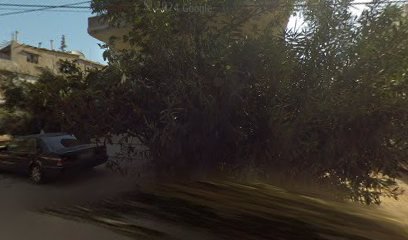
Sarah’s Riverland
Experience the tranquil beauty of Sarah's Riverland in Chatin, where lush landscapes and serene riverside views await every traveler.
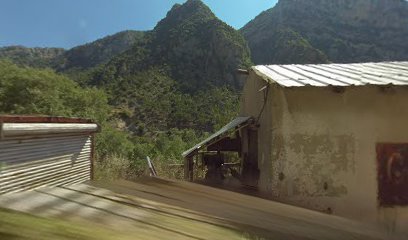
foresta di dio
Explore the serene landscapes and diverse wildlife of Foresta di Dio, a breathtaking national forest in Bqaa Safrin, Lebanon, perfect for nature lovers.

Essential places to dine
Janet Al Arez
Experience authentic Lebanese cuisine in Cedars at Janet Al Arez, where every dish is a celebration of flavor and tradition amidst stunning mountain views.
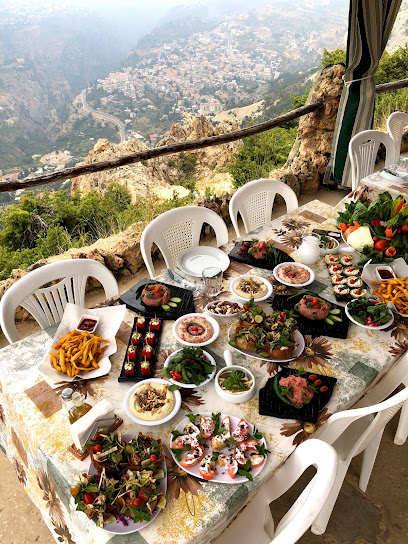
O Bois Restaurant
Discover exquisite Lebanese cuisine at O Bois Restaurant in Khenchara – where tradition meets modern culinary art.
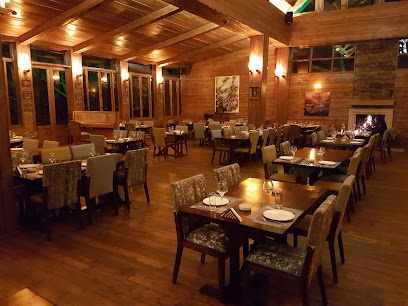
Al Zaytouni - Bcharre
Discover Al Zaytouni in Bcharre - where authentic Lebanese cuisine meets breathtaking mountain views.
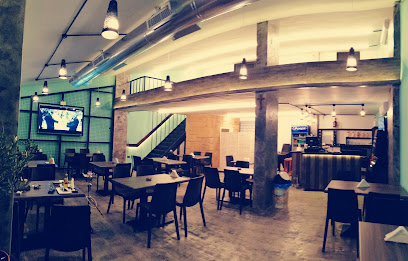
Masa Restaurant
Experience authentic Lebanese cuisine at Masa Restaurant, nestled in the scenic Samar Resort with stunning views and a warm atmosphere.
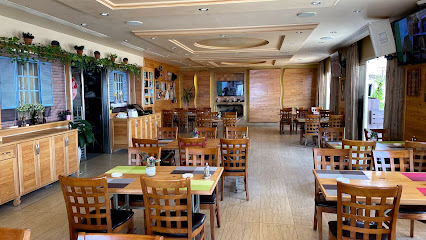
الشلال
Discover authentic Lebanese cuisine with breathtaking views at الشلال in Bsharri.
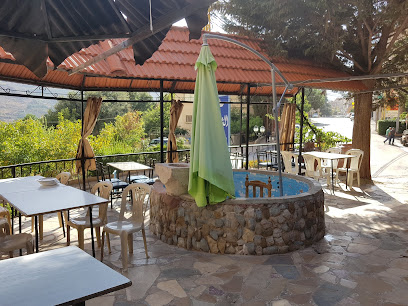
Abou Joseph Restaurant
Experience authentic Lebanese flavors in a stunning setting at Abou Joseph Restaurant in Bsharri.
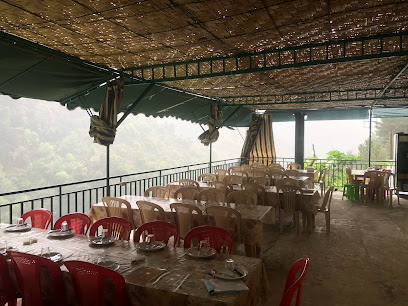
Samarula
Discover Samarula: A charming coffee shop in Lebanon offering exquisite brews amidst stunning natural beauty.
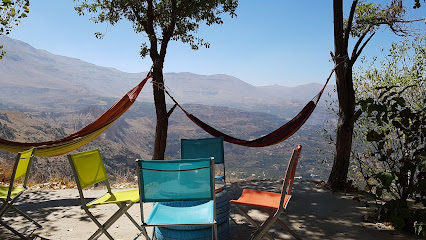
Al Reef Al lubnani restaurant & bungalow الريف اللبناني
Discover authentic Lebanese flavors at Al Reef Al Lubnani in Bsharri—where delicious cuisine meets breathtaking mountain views.
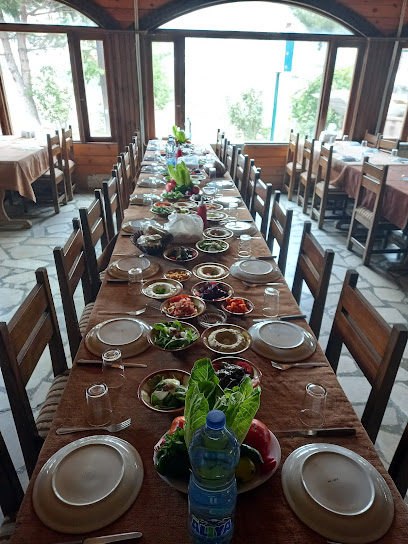
River Rock Restaurant مطعم صخرة النهر
Experience authentic Lebanese and Mediterranean cuisine at River Rock Restaurant in Bcharry—where every meal tells a story.
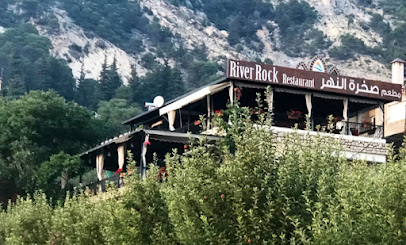
Rtc - Restaurant
Experience authentic Lebanese cuisine at Rtc - Restaurant in Bsharri, where delightful flavors meet a cozy atmosphere.
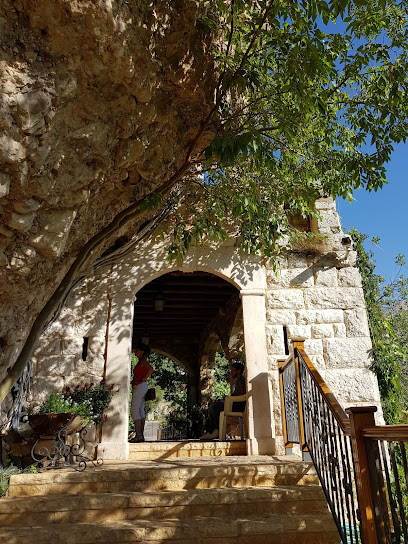
Le Chatel
Experience authentic Lebanese cuisine amidst stunning views at Le Chatel in Bsharri.
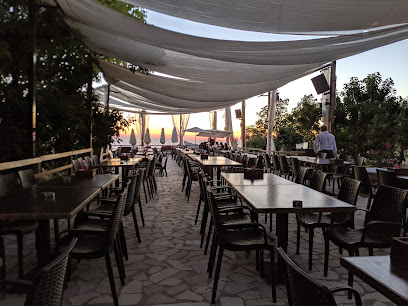
sss
Experience authentic Lebanese cuisine amidst breathtaking views in Bsharri's renowned dining spot.
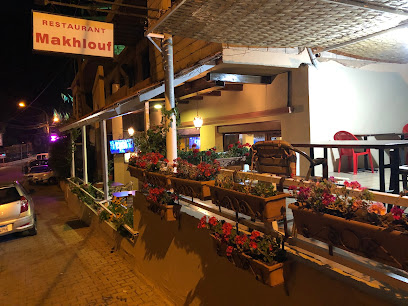
Cafe des cèdres
Discover Café des Cèdres in Bsharri for authentic Lebanese cuisine amidst breathtaking views and warm hospitality.
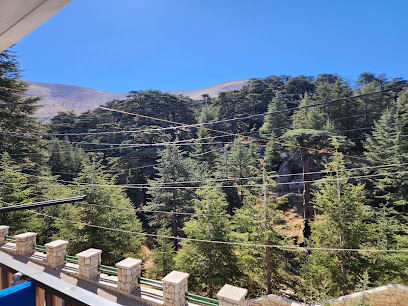
Francis restaurant
Savor authentic Lebanese cuisine amidst breathtaking mountain views at Francis Restaurant in Bsharri.
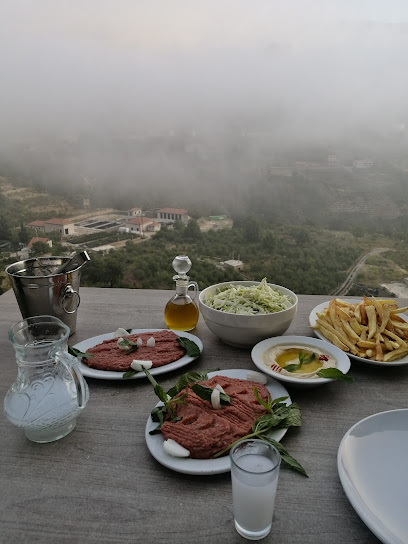
Le Pichet des Cèdres - Restaurant
Discover authentic Lebanese cuisine at Le Pichet des Cèdres in Ariz - where every meal is a celebration of local flavors and stunning views.
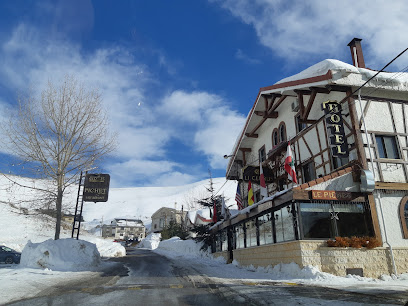
Markets, malls and hidden boutiques
Cedars of God Bsharri
Explore the enchanting beauty of the Cedars of God, a UNESCO World Heritage Site in Bsharri, Lebanon, known for its ancient cedar trees and stunning landscapes.
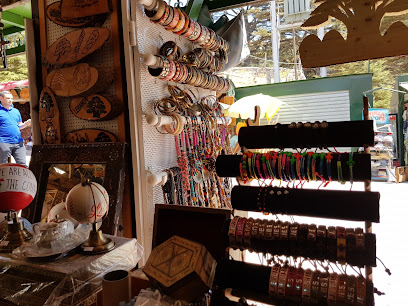
The Spot Choueifat
Discover a vibrant shopping experience at The Spot Choueifat, featuring diverse clothing stores, delightful dining, and family-friendly entertainment.
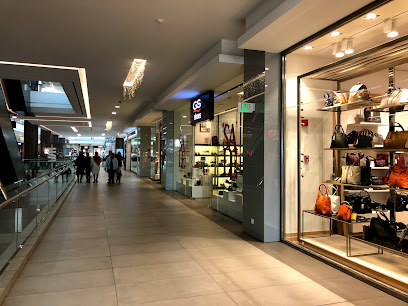
Cascada
Discover the ultimate shopping and dining experience at Cascada, Taanayel's premier shopping destination with diverse stores and delightful eateries.
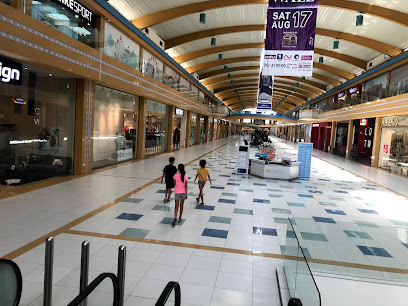
Janet Al Arez
Experience the essence of Lebanese cuisine at Janet Al Arez in Cedars, where every dish tells a story of tradition and flavor.
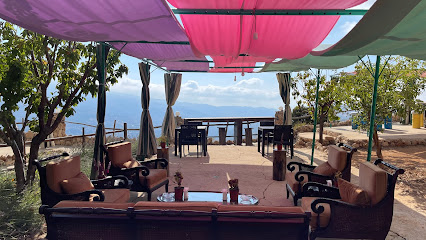
Le Cedrus Boutique Hotel
Discover luxury and natural beauty at Le Cedrus Boutique Hotel, your serene getaway in the heart of Bsharri, Lebanon.

Cedars Bsharri Ski Resort
Explore the breathtaking beauty and thrilling slopes of Cedars Bsharri Ski Resort, the ultimate winter getaway in Lebanon.
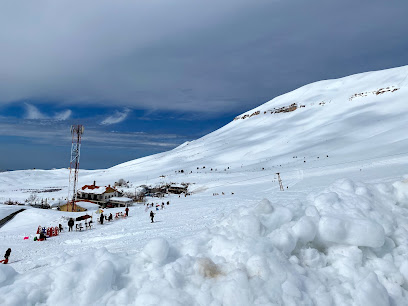
Al arz cedrium
Al Arz Cedrium: Experience the serene beauty of Lebanon’s mountains and the warmth of Lebanese hospitality in a cozy retreat.

Gifts to Lebanon
Explore the charm of Lebanon at Gifts to Lebanon, a treasure trove of unique souvenirs and artisanal crafts reflecting the country’s rich culture.

Khitan Accessories
Explore the artistry of Khitan Accessories, where tradition meets elegance in meticulously crafted handmade treasures.

Shop and beyond
Explore local beauty secrets and wellness trends at Shop and Beyond, the premier destination for health and beauty enthusiasts.
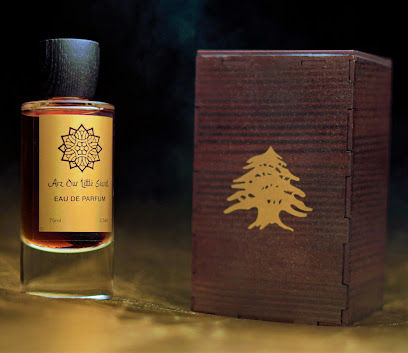
مطاحن القاصوف
Discover the essence of Lebanese flavors at مطاحن القاصوف, Zahlé's premier grocery store offering a diverse selection of local and international products.
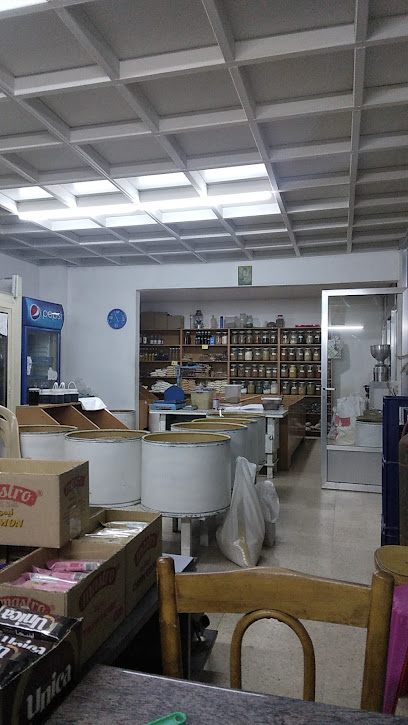
Cedart - Liliane
Discover authentic Lebanese souvenirs at Cedart - Liliane, where artistry meets tradition in the heart of the stunning Cedars of Lebanon.
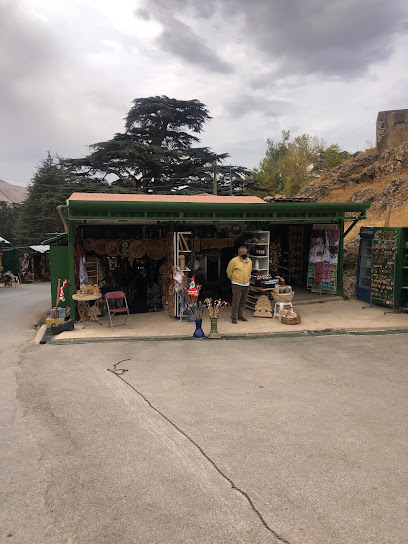
Soraya's Art Gallery
Discover the vibrant artistry of Batroun at Soraya's Art Gallery – a cultural oasis showcasing local talent and creativity.
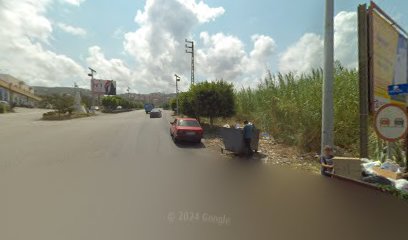
كاليري الربيع الزاهر
Discover unique furniture and local craftsmanship at Kaleri Al-Rabi Al-Zahir, where style meets quality in every piece.
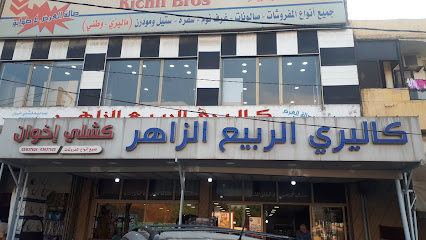
Lavender shop
Discover the enchanting Lavender Shop in Hazerta, a fragrant escape filled with lavender perfumes, essential oils, and wellness products for every traveler.

Essential bars & hidden hideouts
Zoofaa
Experience the lively atmosphere of Zoofaa, a premier pub in Baalbeck, perfect for drinks, socializing, and enjoying local culture.
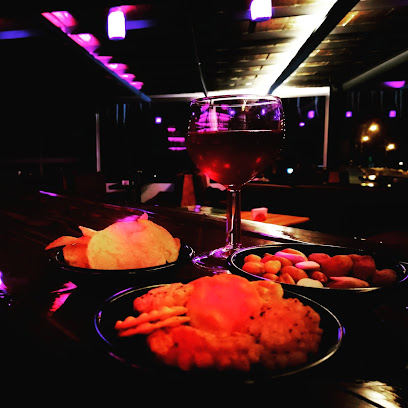
Haze Sunset Bar
Experience the breathtaking sunsets and serene ambiance at Haze Sunset Bar in Ehden, Lebanon, a must-visit for travelers seeking relaxation and stunning views.
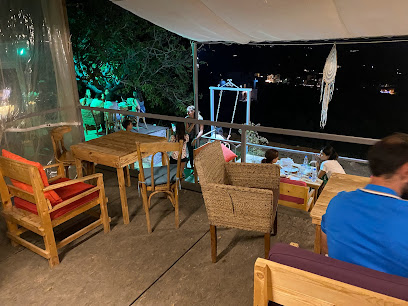
Minus Pub
Discover the lively spirit of Minus Pub in Ehden, a perfect blend of local culture, friendly faces, and delightful drinks for an unforgettable night out.
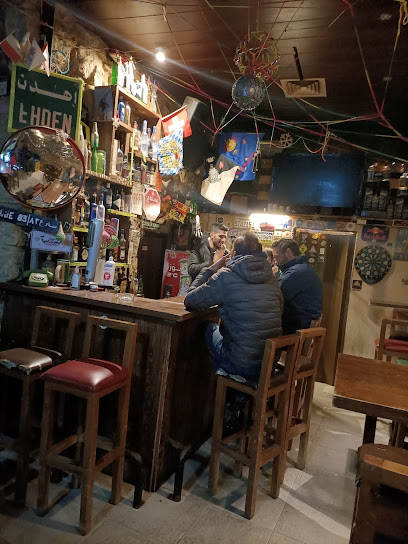
fruitbar
Experience the vibrant nightlife of Bsharri at Fruitbar, a lively pub offering a great atmosphere and a diverse drink selection.

Muse bar
Discover the vibrant nightlife of Bsharri at Muse Bar, where creative cocktails meet stunning mountain views for an unforgettable experience.
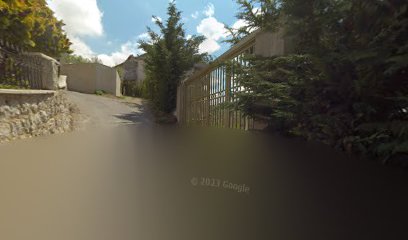
The Alpine Ale
Experience the warmth of The Alpine Ale in Bsharri, where great ales meet a cozy atmosphere amidst the beauty of Lebanon's mountains.
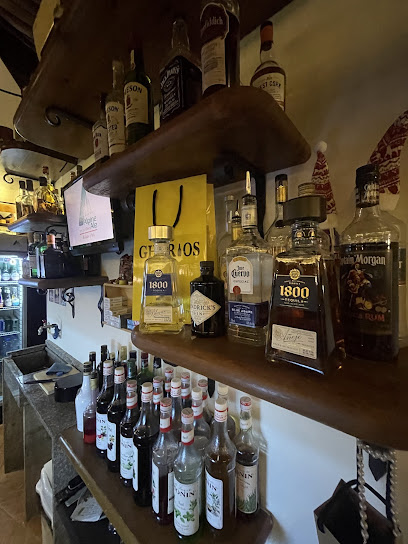
Vibes_lb_
Experience the vibrant flavors of Lebanon at Vibes_lb_, the ultimate food court destination in Bsharri, where culinary diversity meets a lively atmosphere.
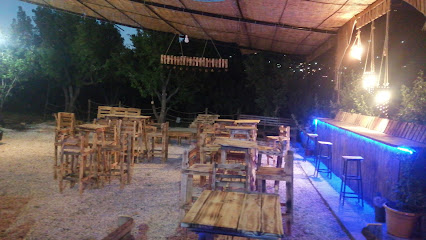
Borea
Experience the vibrant atmosphere and exceptional drinks at Borea, the perfect bar to unwind in beautiful Bsharri, Lebanon.

Cave Du Roi
Discover Cave Du Roi, a charming bar near Saint Saba Cathedral in Bsharri, where local drinks meet stunning views and a cozy atmosphere.
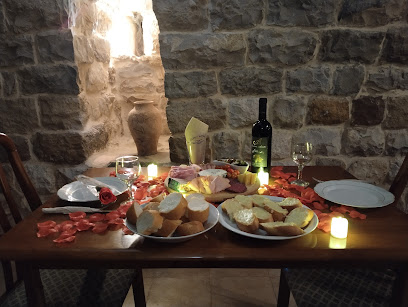
SnooBar
Experience the vibrant nightlife of Bsharri at SnooBar, a lively bar offering stunning mountain views and a unique drink selection.
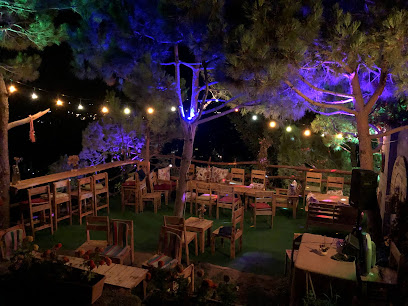
Sizzle Resto Bar
Experience exquisite dining at Sizzle Resto Bar in Cedars, where local flavors meet a stunning ambiance for an unforgettable meal.
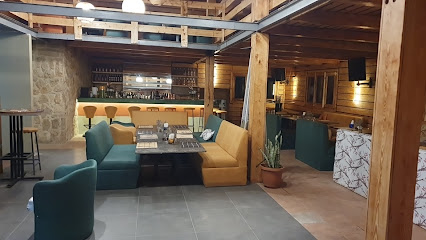
Moonbow
Discover Moonbow in Aainata, a serene lounge offering exquisite drinks, stunning views, and a perfect atmosphere for relaxation and socializing.

Heaven70seven
Discover the cozy charm of Heaven70seven, a top-rated bar and restaurant in Ariz offering delicious cuisine and a vibrant atmosphere.
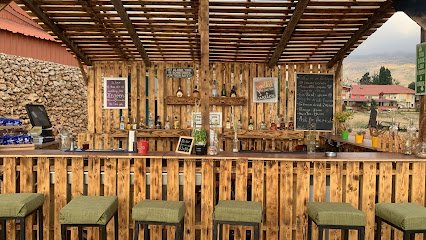
Aal kou3 - عالكوع
Discover the charm of Hadchit at Aal kou3, a cozy pub offering local flavors, vibrant atmosphere, and authentic Lebanese hospitality.
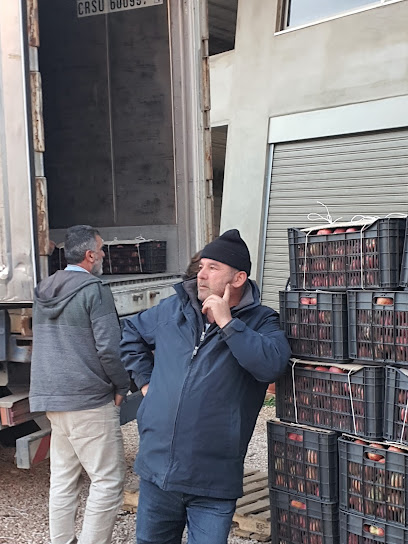
Local Phrases about Cedars of God
-
- Helloمرحبا
[marhaba] - Goodbyeوداعا
[wadaan] - Yesنعم
[naam] - Noلا
[laa] - Please/You're welcomeمن فضلك
[min fadlik] - Thank youشكرا
[shukran] - Excuse me/Sorryعذرا
[aadra] - How are you?كيف حالك؟
[kayf halak?] - Fine. And you?بخير. وأنت؟
[bukhayr. wa ant?] - Do you speak English?هل تتكلم الإنجليزية؟
[hal tatakallam al-inglizia?] - I don't understandأنا لا أفهم
[ana la afham]
- Helloمرحبا
-
- I'd like to see the menu, pleaseأريد أن أرى القائمة، من فضلك
[uridu an ara al-qaimah, min fadlik] - I don't eat meatأنا لا آكل اللحم
[ana la aakul al-lahm] - Cheers!صحتين!
[sahatayn!] - I would like to pay, pleaseأريد أن أدفع، من فضلك
[uridu an adfaa, min fadlik]
- I'd like to see the menu, pleaseأريد أن أرى القائمة، من فضلك
-
- Help!مساعدة!
[musaadah!] - Go away!إبتعد!
[ibtid] - Call the Police!اتصل بالشرطة!
[itasil bialshurta!] - Call a doctor!اتصل بالطبيب!
[itasil bialtabib!] - I'm lostضاعت طريقي
[daaat tareeqi] - I'm illأنا مريض
[ana mareed]
- Help!مساعدة!
-
- I'd like to buy...أريد أن أشتري...
[uridu an ashtari...] - I'm just lookingأنا فقط أتفرج
[ana faqat atfarij] - How much is it?كم سعره؟
[kam siroh?] - That's too expensiveهذا غالي جدا
[hatha ghali jiddan] - Can you lower the price?هل يمكنك خفض السعر؟
[hal yumkinuka khafd al-siroh?]
- I'd like to buy...أريد أن أشتري...
-
- What time is it?كم الساعة؟
[kam al-saa'a?] - It's one o'clockالساعة الواحدة
[al-saa'ah al-wahidah] - Half past (10)النصف بعد (عشرة)
[al-nisf baad ('asharah)] - Morningصباح
[sabah] - Afternoonمساء
[masa'] - Eveningمساء
[masa'] - Yesterdayأمس
[ams] - Todayاليوم
[al-yawm] - Tomorrowغدا
[ghadan] - 1واحد
[wahid] - 2اثنان
[ithnayn] - 3ثلاثة
[thalatha] - 4أربعة
[arba'a] - 5خمسة
[khamsa] - 6ستة
[sitta] - 7سبعة
[sab'a] - 8ثمانية
[thamania] - 9تسعة
[tis'a] - 10عشرة
['asharah]
- What time is it?كم الساعة؟
-
- Where's a/the...?أين ال...؟
[ayn al...?] - What's the address?ما هو العنوان؟
[ma huwa al-unwan?] - Can you show me (on the map)?هل يمكنك أن تريني (على الخريطة)؟
[hal yumkinuka an tureenii (ala al-kharitah)?] - When's the next (bus)?متى القادم (الحافلة)؟
[mata al-qadim (al-hafilah)?] - A ticket (to ....)تذكرة (إلى ....)
[tazkirah (ila ....)]
- Where's a/the...?أين ال...؟
History of Cedars of God
-
The Cedars of God, known as 'Arz el-Rab' in Arabic, are among the last vestiges of the extensive forests of the Lebanon Cedar, Cedrus libani, that thrived across the region in ancient times. These majestic trees, some over a thousand years old, have been mentioned in various historical texts, including the Bible and the Epic of Gilgamesh.
-
The Cedars of God are frequently referenced in the Bible. King Solomon is said to have used the timber from these trees to build his temple in Jerusalem, a symbol of divine grandeur. The cedars were also utilized to construct David's palace and various other significant structures, highlighting their importance in ancient religious and cultural history.
-
During the Phoenician era, the cedar wood from these forests was highly prized for shipbuilding due to its resistance to rot and insects. The Phoenicians, renowned sailors and traders, built their powerful fleets from this timber, enabling their dominance of Mediterranean trade routes and the spread of their culture.
-
Under Roman rule, the cedar forests continued to be exploited for their valuable wood. The Romans used cedar timber in the construction of temples, palaces, and other monumental buildings throughout their empire. The extensive logging during this period significantly reduced the once vast cedar forests.
-
In the Medieval period, the Cedars of God became a refuge for Maronite Christians fleeing persecution. The Maronites, a Christian sect, established monasteries and communities in the rugged terrain around the cedar groves, which provided both spiritual and physical sanctuary.
-
By the 19th century, the once-thriving cedar forests had been severely depleted. Recognizing their cultural and historical significance, various conservation efforts were initiated. The Ottoman Empire and later the French Mandate authorities implemented measures to protect the remaining trees. These efforts continued into the modern era, leading to the establishment of the Cedars of God as a UNESCO World Heritage site in 1998.
-
Today, the Cedars of God stand as a symbol of Lebanon's natural heritage and resilience. The grove attracts thousands of visitors each year, drawn by its historical significance and natural beauty. Ongoing conservation projects aim to preserve these ancient trees for future generations, ensuring that the legacy of the Cedars of God endures.
Cedars of God Essentials
-
Cedars of God is located in the Bsharri District of Lebanon, within the Kadisha Valley. The nearest international airport is Beirut-Rafic Hariri International Airport, approximately 120 kilometers away. From Beirut, you can rent a car or hire a taxi to reach the Cedars of God. The drive typically takes around 2.5 to 3 hours and offers scenic views of the Lebanese countryside. Public buses and minibuses (service taxis) are also available from Beirut to Bsharri, though they may take longer.
-
While in the Bsharri District, the most convenient way to explore the area, including the Cedars of God, is by renting a car. This allows you the flexibility to visit nearby attractions at your own pace. Taxis are available, but it's advisable to agree on a fare beforehand. For those who prefer public transport, local minibuses (service taxis) connect Bsharri with nearby villages and towns. Walking is also a pleasant way to explore the immediate vicinity, especially the trails around the Cedars of God.
-
The official currency in Lebanon is the Lebanese Pound (LBP), though US Dollars (USD) are widely accepted. Credit cards are accepted in most hotels, restaurants, and larger shops, but it is advisable to carry cash for smaller transactions and in rural areas. ATMs are available in Bsharri, but it's wise to withdraw sufficient cash in Beirut before traveling to the mountains.
-
The Bsharri District, including the Cedars of God, is generally safe for tourists. However, standard precautions should be taken. Avoid walking alone at night in unfamiliar areas and keep an eye on your belongings in crowded places. While there are no specific high-crime areas targeting tourists, it's always best to stay vigilant and aware of your surroundings. Consult local advisories for any recent updates on safety.
-
In case of emergency, dial 112 for immediate assistance in Lebanon. The local police station and medical facilities are available in Bsharri. It is highly recommended to have travel insurance that covers medical emergencies. For minor health issues, there are pharmacies in Bsharri where you can purchase over-the-counter medications.
-
Fashion: Do dress modestly, especially when visiting religious sites. Avoid wearing revealing clothing. Religion: Do respect local customs and traditions. Always cover your head when entering churches and religious sites. Public Transport: Do be respectful and give up your seat to elderly passengers. Don't eat or drink on public transport. Greetings: Do greet people with a handshake or a nod. A friendly 'Marhaba' (Hello) is always appreciated. Eating & Drinking: Do try local delicacies and accept food offerings graciously. Don’t refuse hospitality, as it is considered impolite. Always use your right hand when eating or passing food.
-
To experience Cedars of God like a local, visit during the off-peak seasons when the weather is mild, and the area is less crowded. Engage with locals in Bsharri, who are often friendly and willing to share stories about their heritage. Don't miss the Gibran Museum, dedicated to the famous Lebanese poet Khalil Gibran. For a unique experience, hike the trails of the Kadisha Valley, which offer breathtaking views and historical monasteries. Enjoy traditional Lebanese cuisine at local restaurants, and be sure to try 'Saj' bread and 'Arak', the local anise-flavored spirit.
Nearby Cities to Cedars of God
-
Things To Do in Baalbek
-
Things To Do in Batroun
-
Things To Do in Byblos
-
Things To Do in Zahle
-
Things To Do in Jounieh
-
Things To Do in Broummana
-
Things To Do in Anjar
-
Things To Do in Aley
-
Things To Do in Beirut
-
Things To Do in Deir el Qamar
-
Things To Do in Rashaya
-
Things To Do in Sidon
-
Things To Do in Marjayoun
-
Things To Do in Tyre
-
Things To Do in Safed








